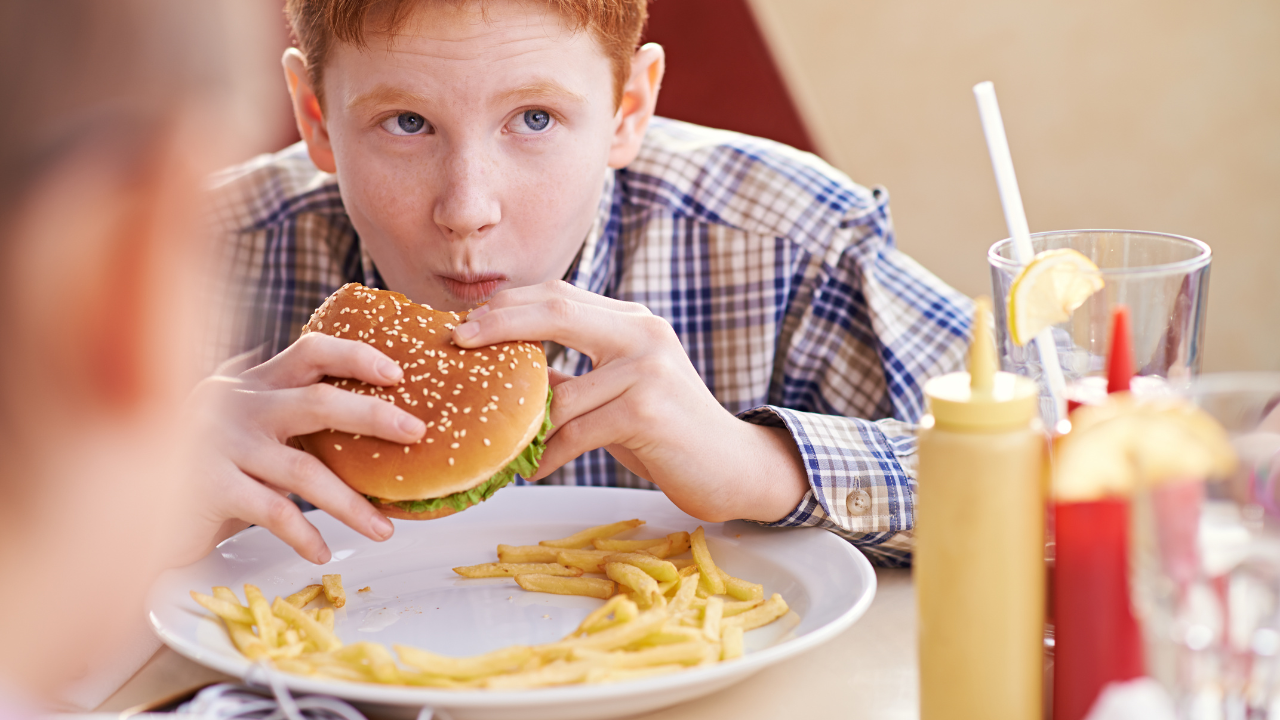The majority of us have hectic schedules and frequently eat quickly without taking into account how well we chew our food. Despite its apparently harmless nature, this behaviour can have unexpected health consequences. Chewing correctly is important for digestion and general health, and it involves more than just breaking down food. Here are several reasons to slow down during mealtime and how improper chewing may be harmful to our health.
Poor chewing can lead to digestive issues
Digestion begins in our mouth. Chewing breaks food into smaller pieces, making it easier for our stomach and intestines to process. Saliva, which contains digestive enzymes, begins breaking down carbohydrates even before the food reaches our stomach. When we don’t chew properly, our digestive system has to work harder, which can lead to:
Bloating: Large food particles take longer to digest and may ferment in the gut, causing gas and discomfort.
Heartburn: Improperly chewed food can trigger acid reflux as your stomach struggles to digest it.
Rushing meals may affect our satiety and weight
How often have we eaten quickly, only to feel stuffed later? When you chew slowly, our brain has time to register fullness. A 2015 study in Physiology and Behavior found that chewing more can decrease hunger and food intake. This is likely linked to the release of gut hormones responsible for satiety. Another review in the Journal of the Academy of Nutrition and Dietetics suggested that increasing the number of chews per bite could be an effective way to manage weight by naturally reducing food intake.
Chewing thoroughly not only improves digestion but also helps the body recognise when it has eaten enough. This can prevent overeating and support healthy weight management.
Poor chewing can impact overall health
Chewing isn’t just about digestion—it’s linked to overall health and quality of life. A 2023 study in the journal Food Science and Nutrition highlighted the importance of chewing function as a physiological contributor to general health.
Here’s how inadequate chewing can have broader effects:
- Nutrient absorption: Poorly chewed food may not be broken down enough for your body to absorb all the nutrients effectively.
- Oral health: Rushing through meals can lead to teeth and gum issues. Proper chewing helps maintain strong oral muscles and stimulates saliva production, which cleanses the mouth.
- Cognitive health: Some studies suggest that chewing stimulates brain function and may even reduce stress, as repetitive motion has calming effects.
8 Daily detox things to do to keep your kidneys naturally healthy
Simple tips to chew the way to better health
If you’ve realised you’re guilty of gulping down the food, it’s time to make a change. Here’s how you can start:
- Chew each bite 25–40 times: Aim to break food into a paste-like consistency.
- Take smaller bites: This makes it easier to chew thoroughly.
- Put your fork down between bites: Give yourself time to focus on chewing. Drinking water helps the body process food better but avoid washing down large bites with water.
I’m Manas Ranjan Sahoo: Founder of “Webtirety Software”. I’m a Full-time Software Professional and an aspiring entrepreneur, dedicated to growing this platform as large as possible. I love to Write Blogs on Software, Mobile applications, Web Technology, eCommerce, SEO, and about My experience with Life.






